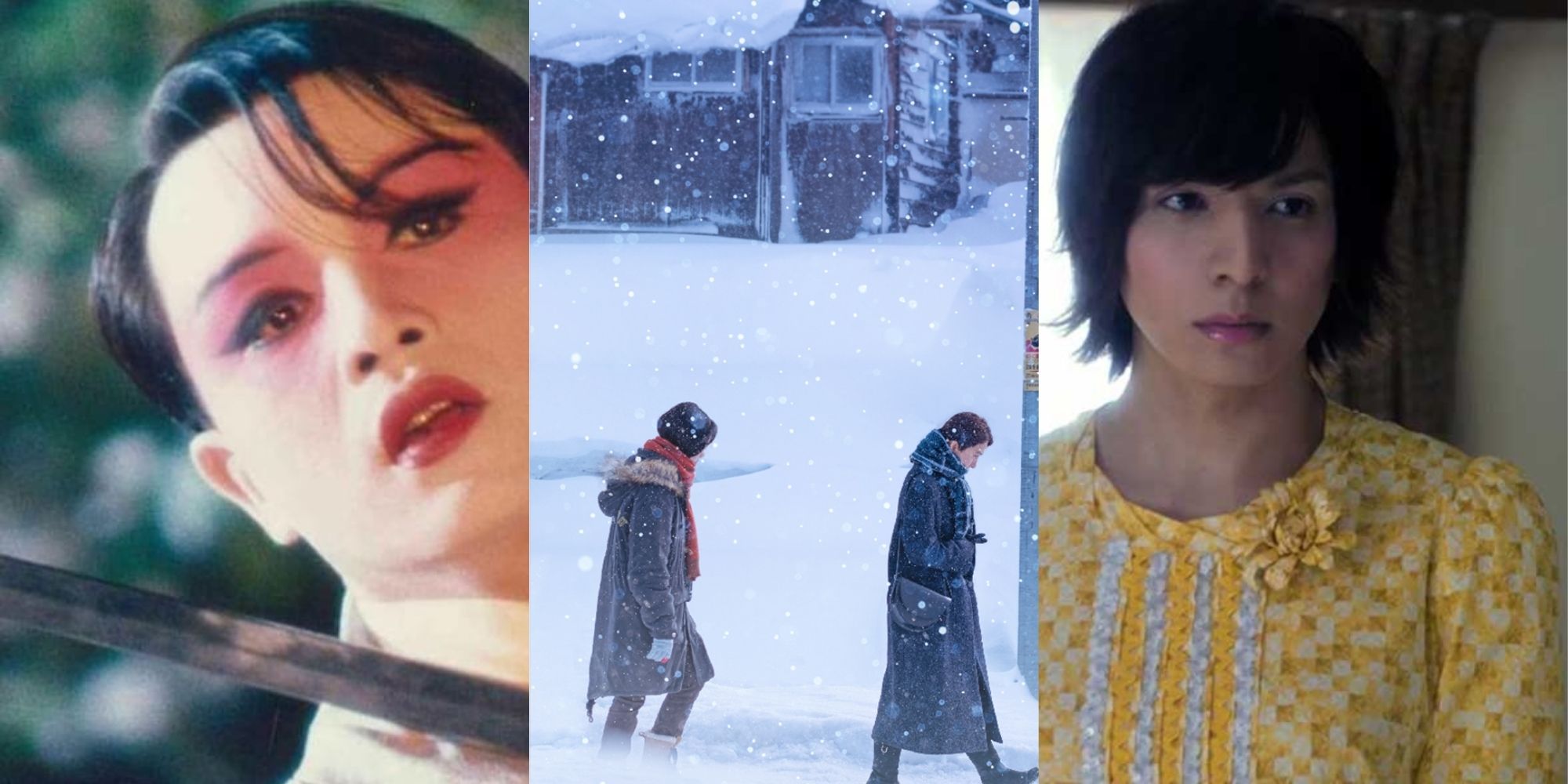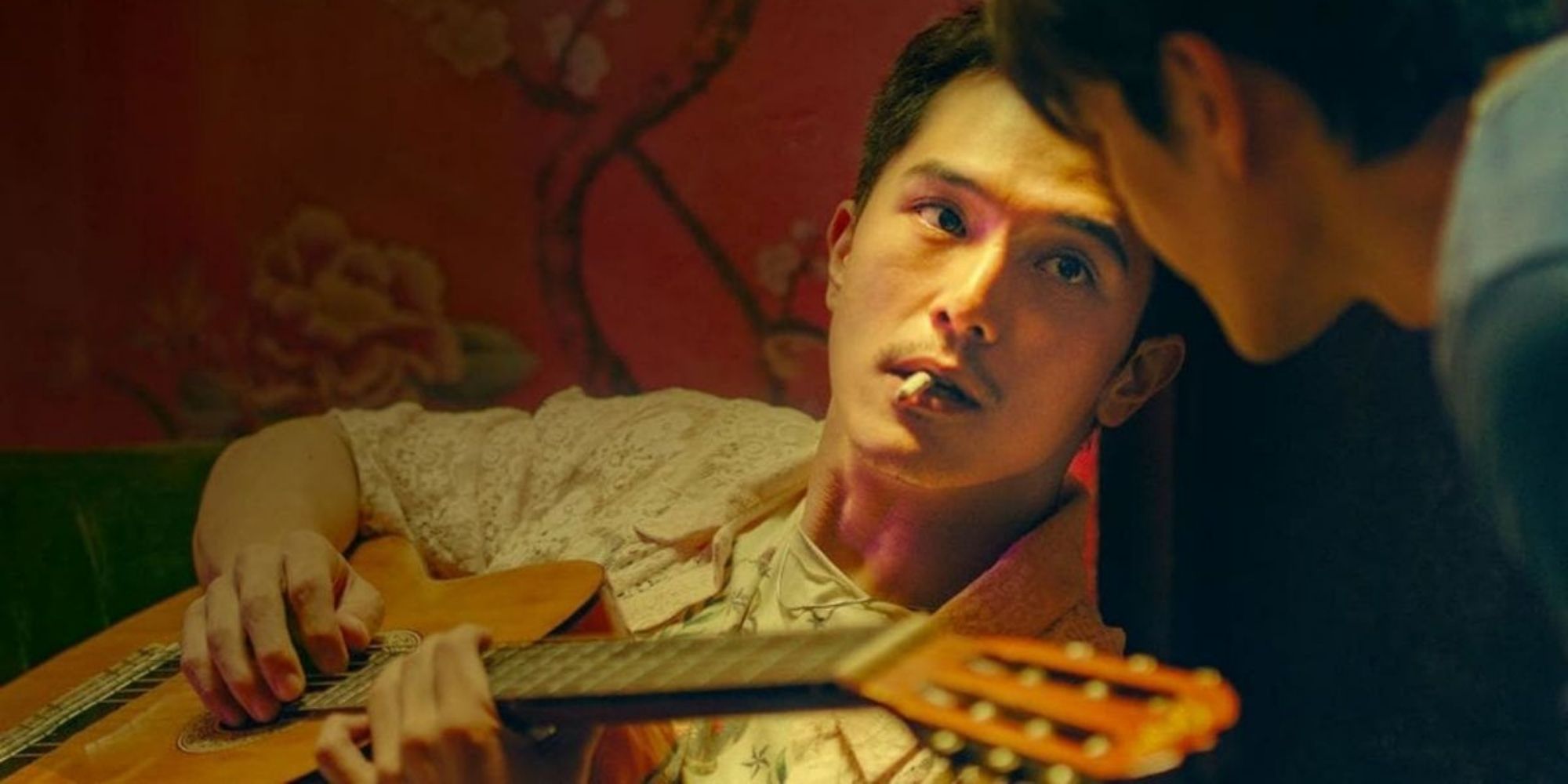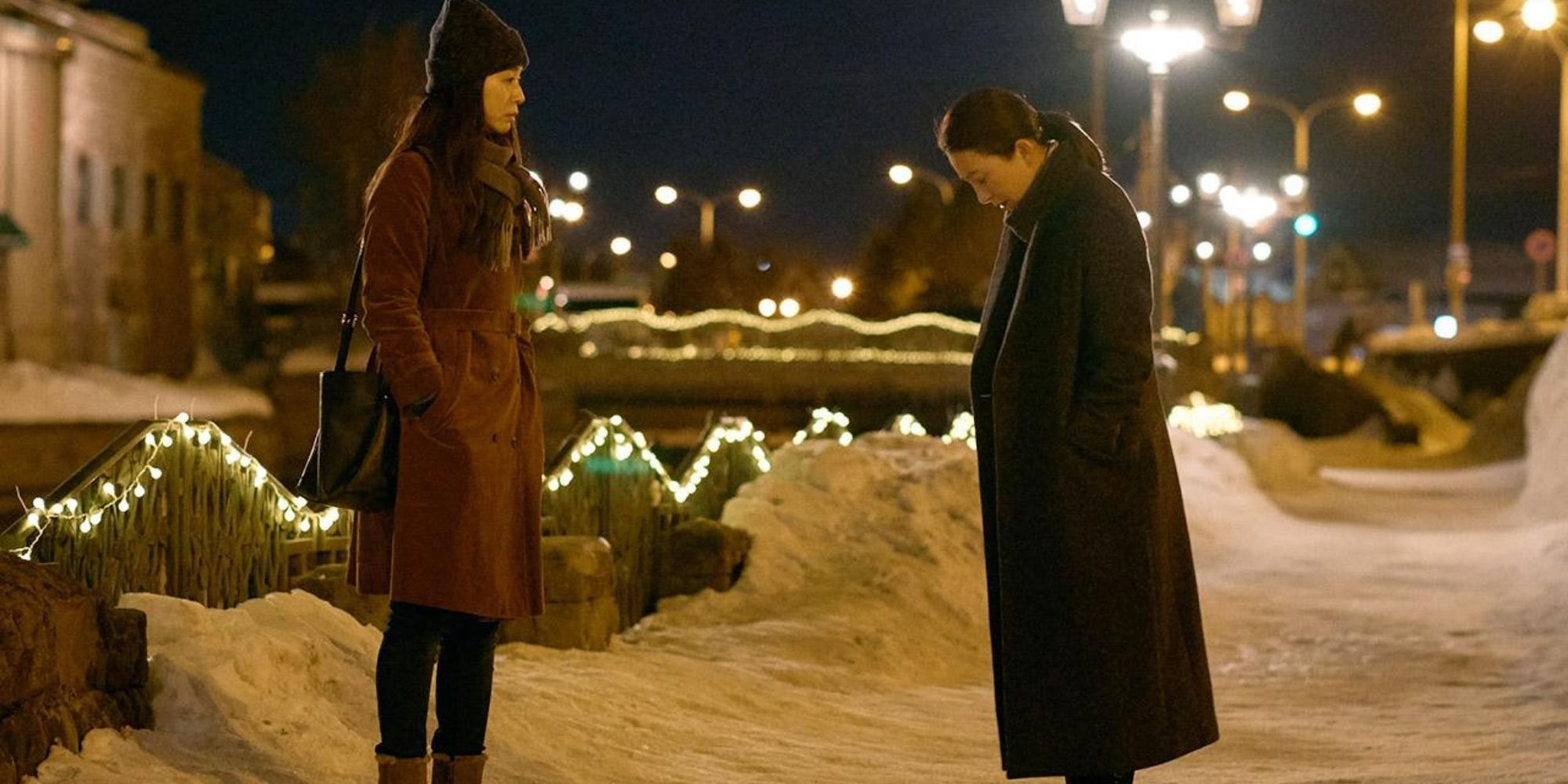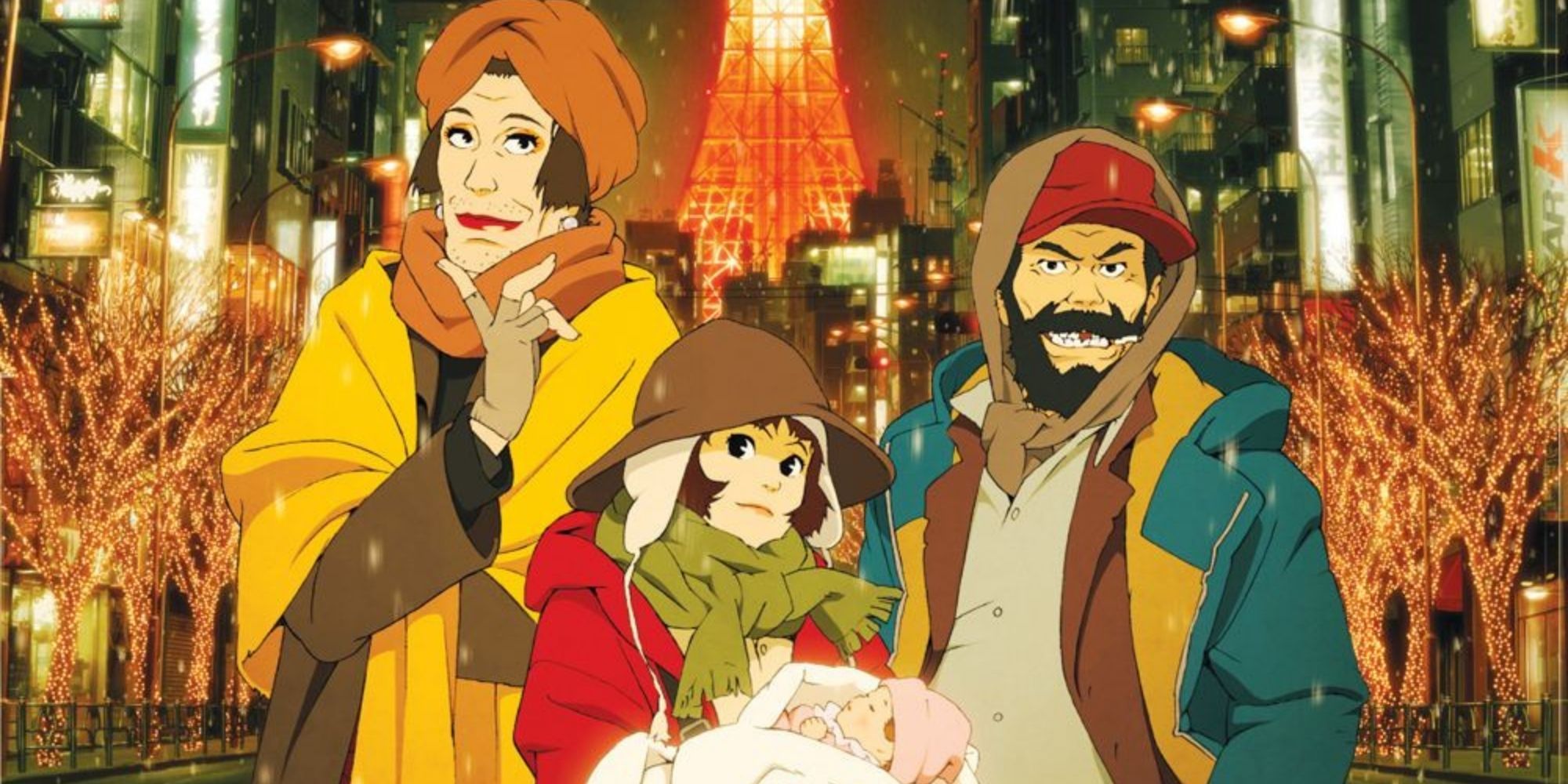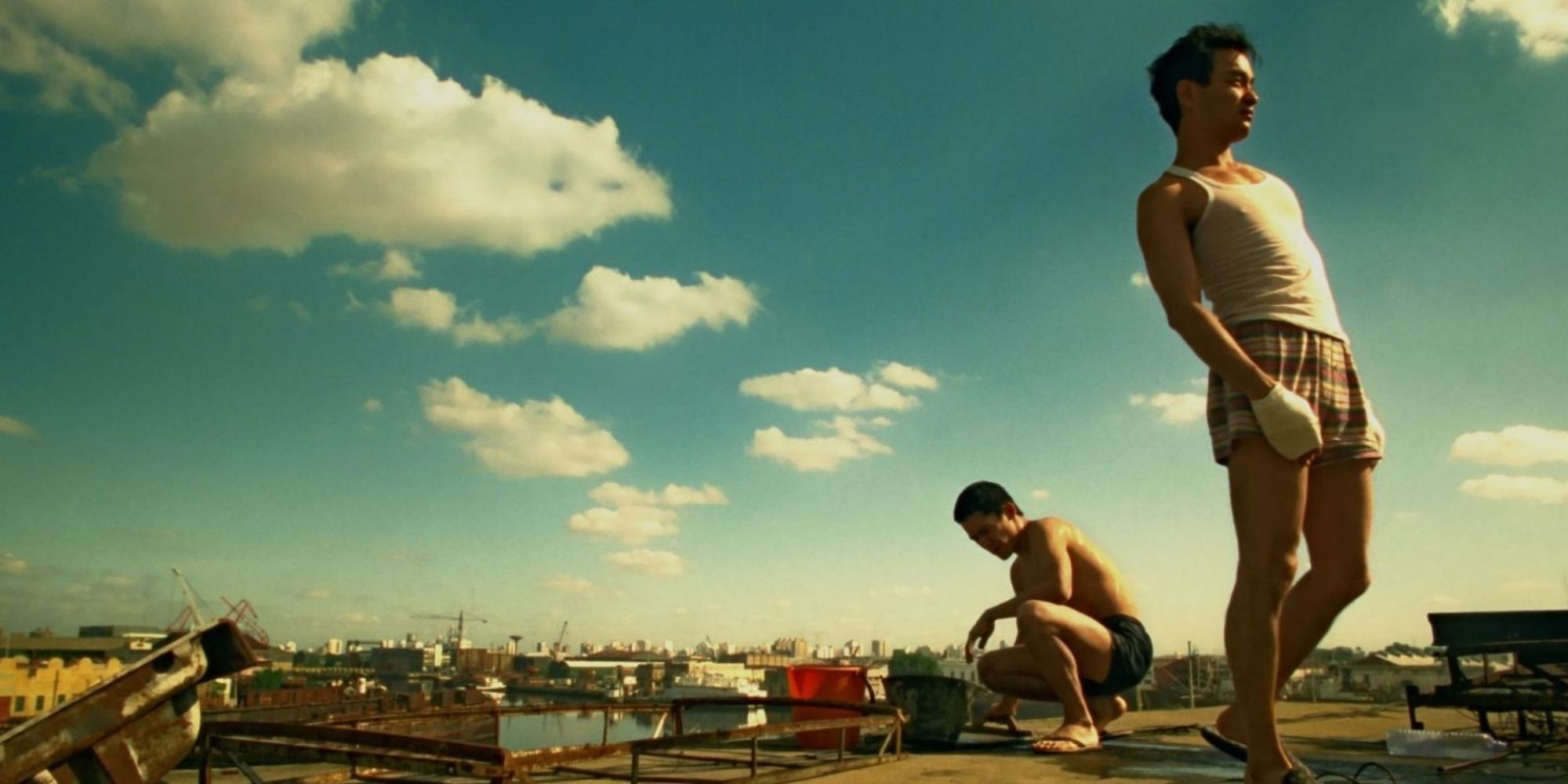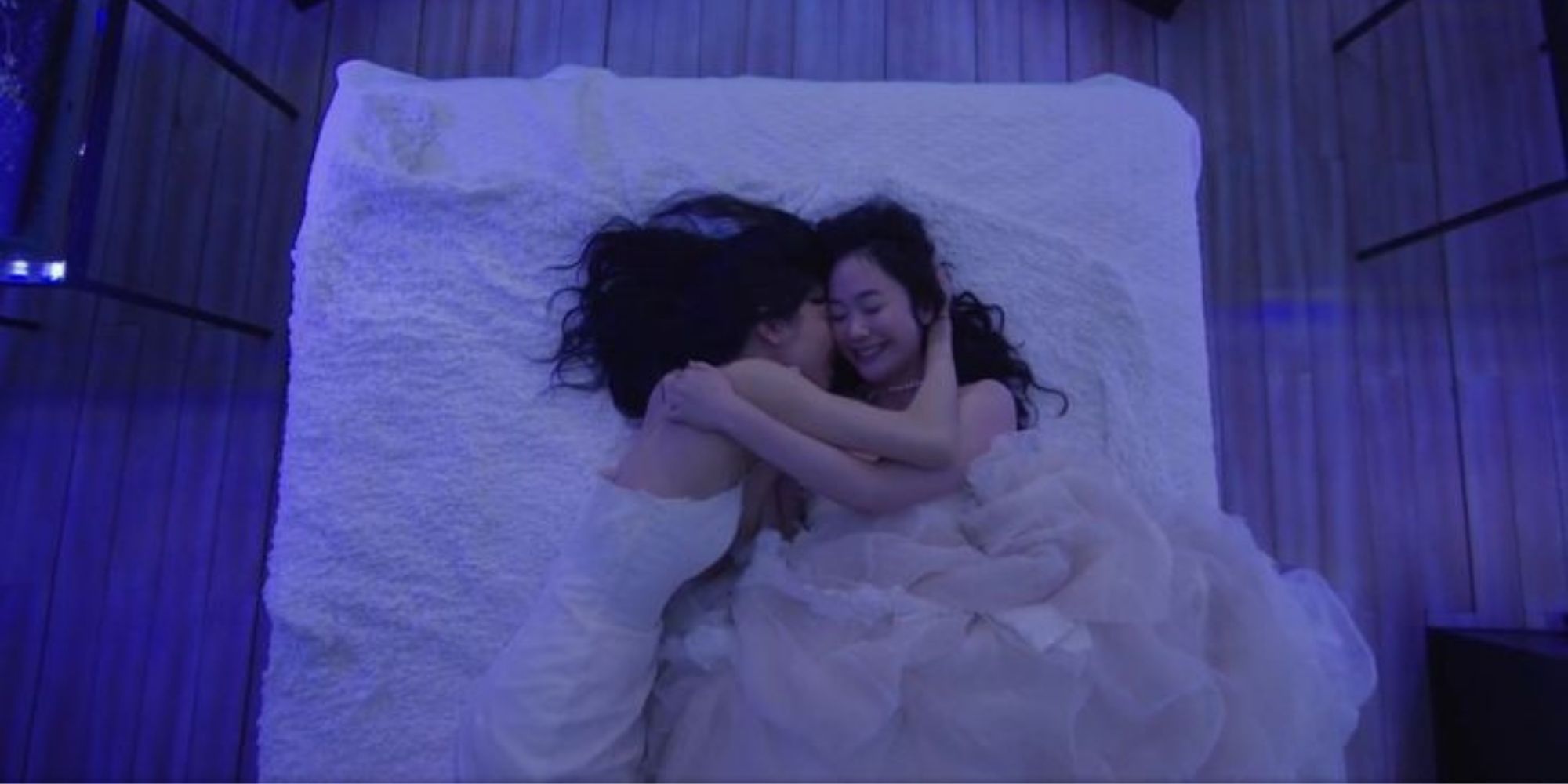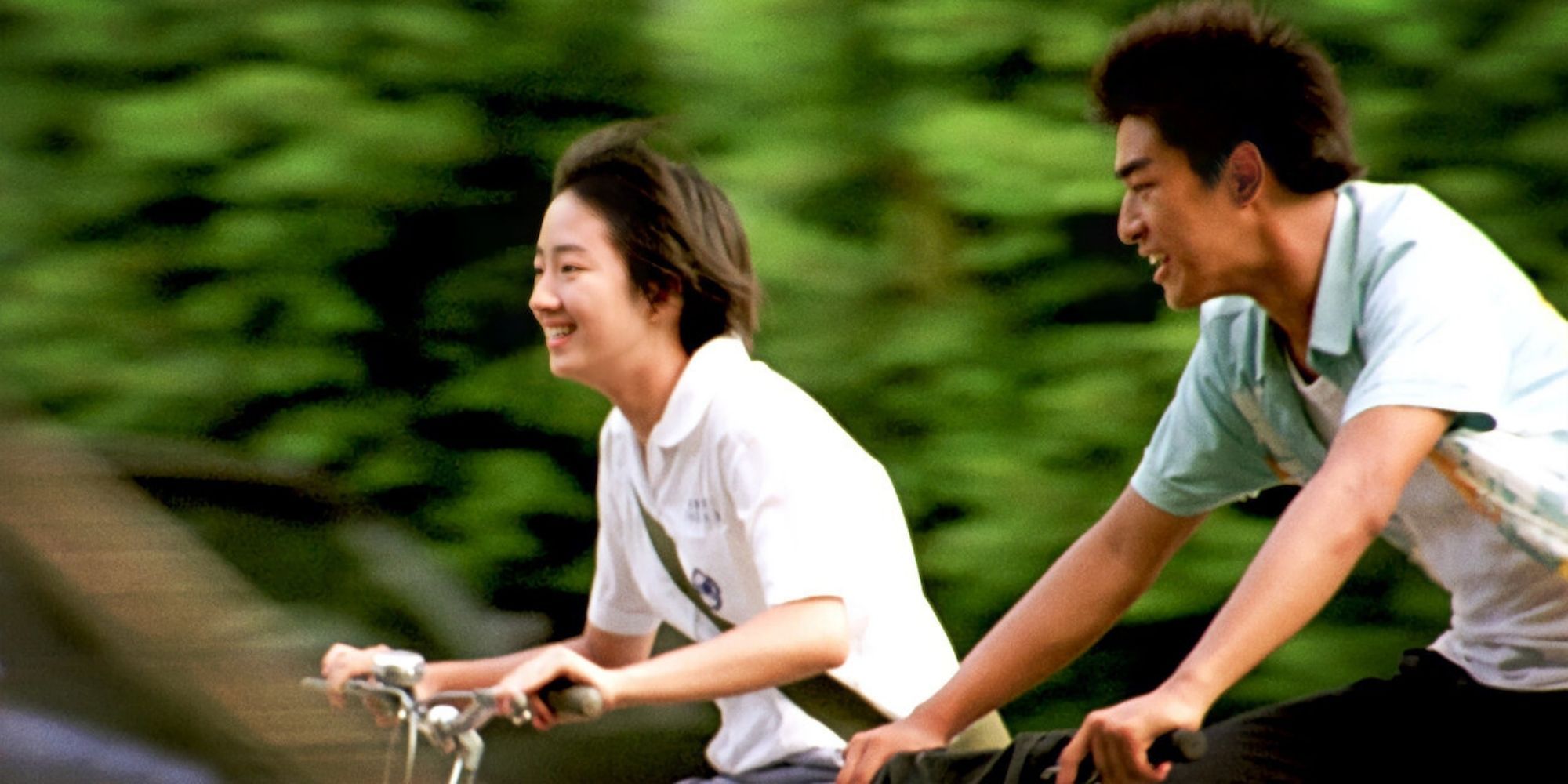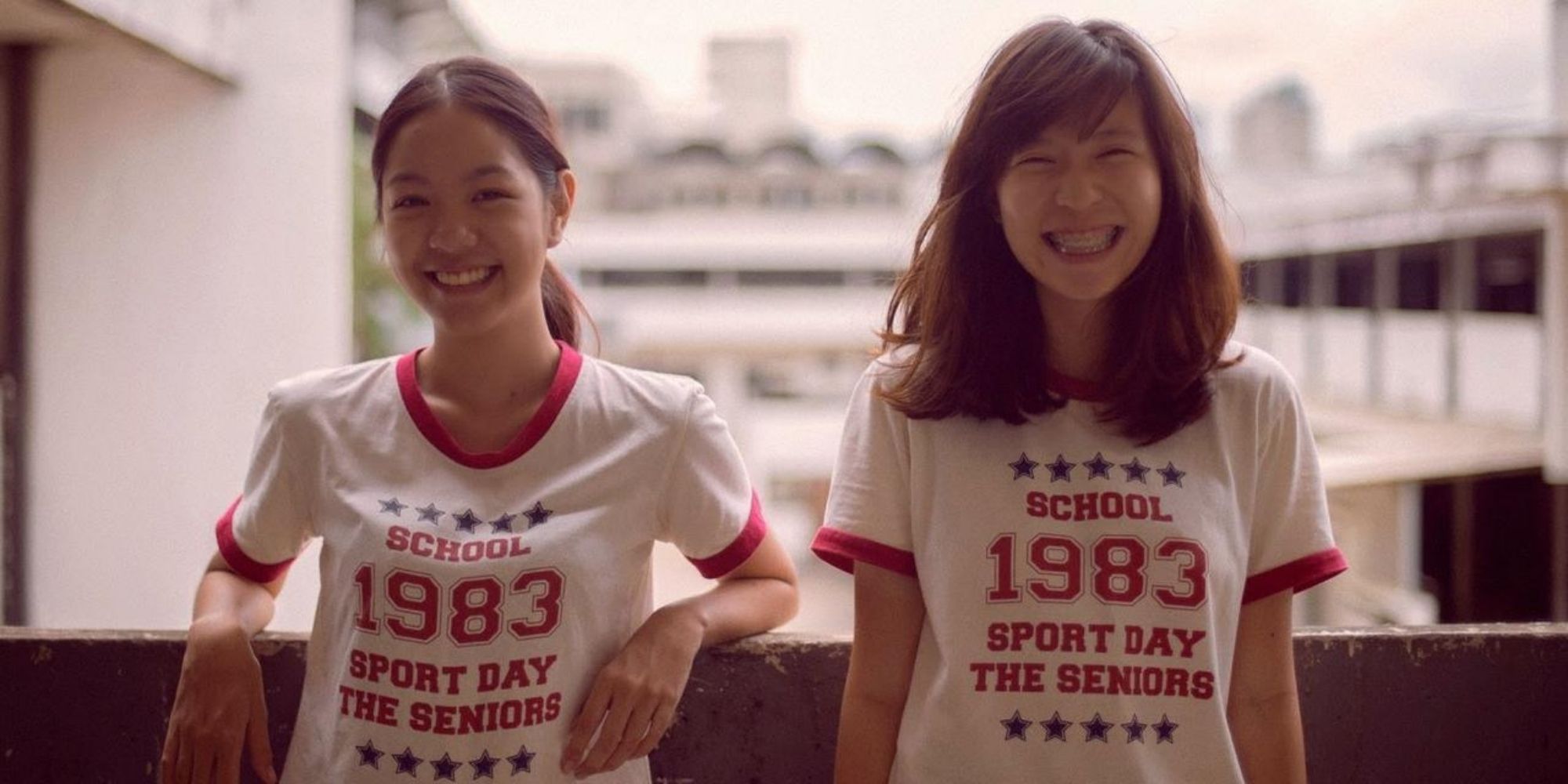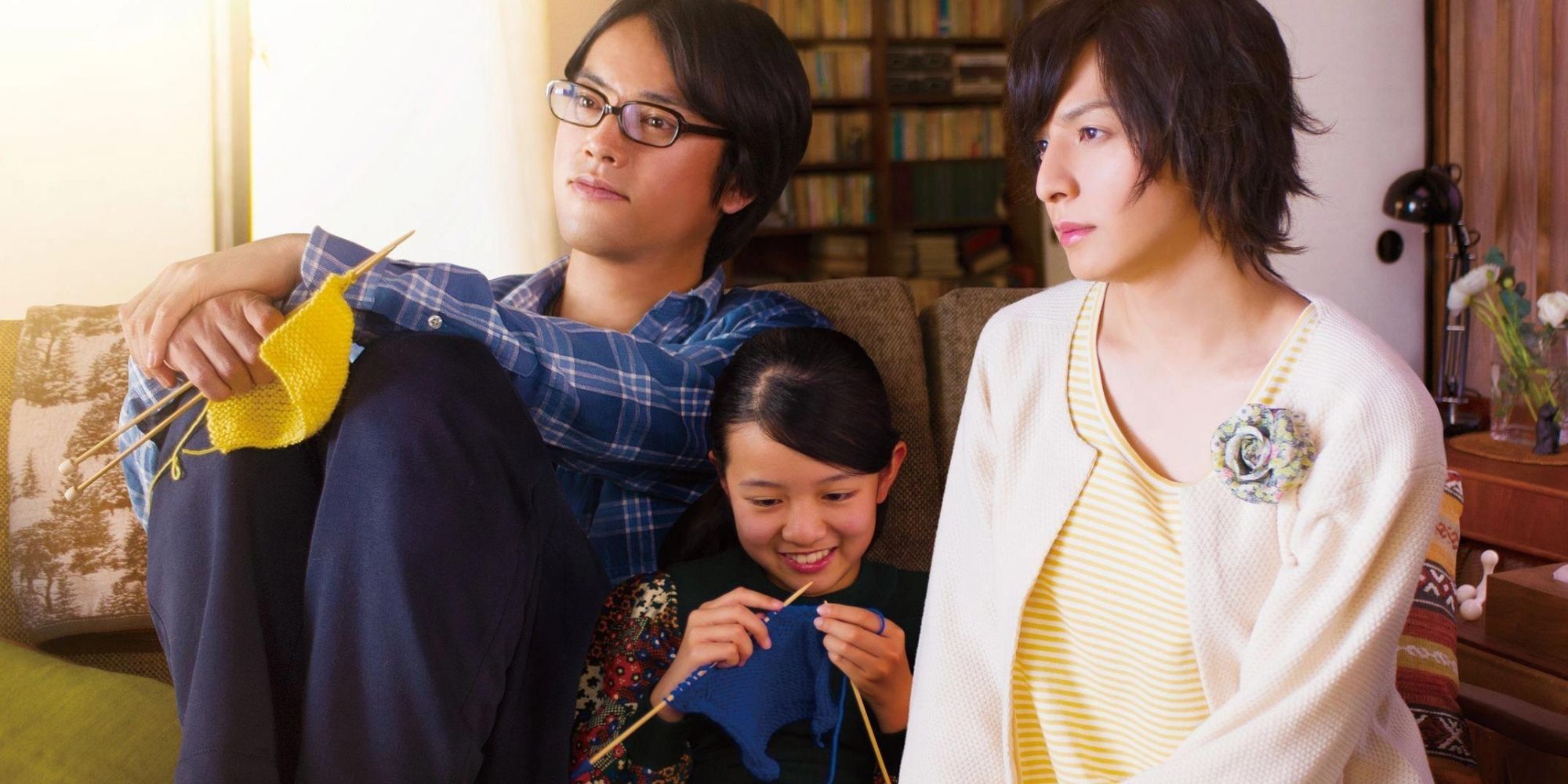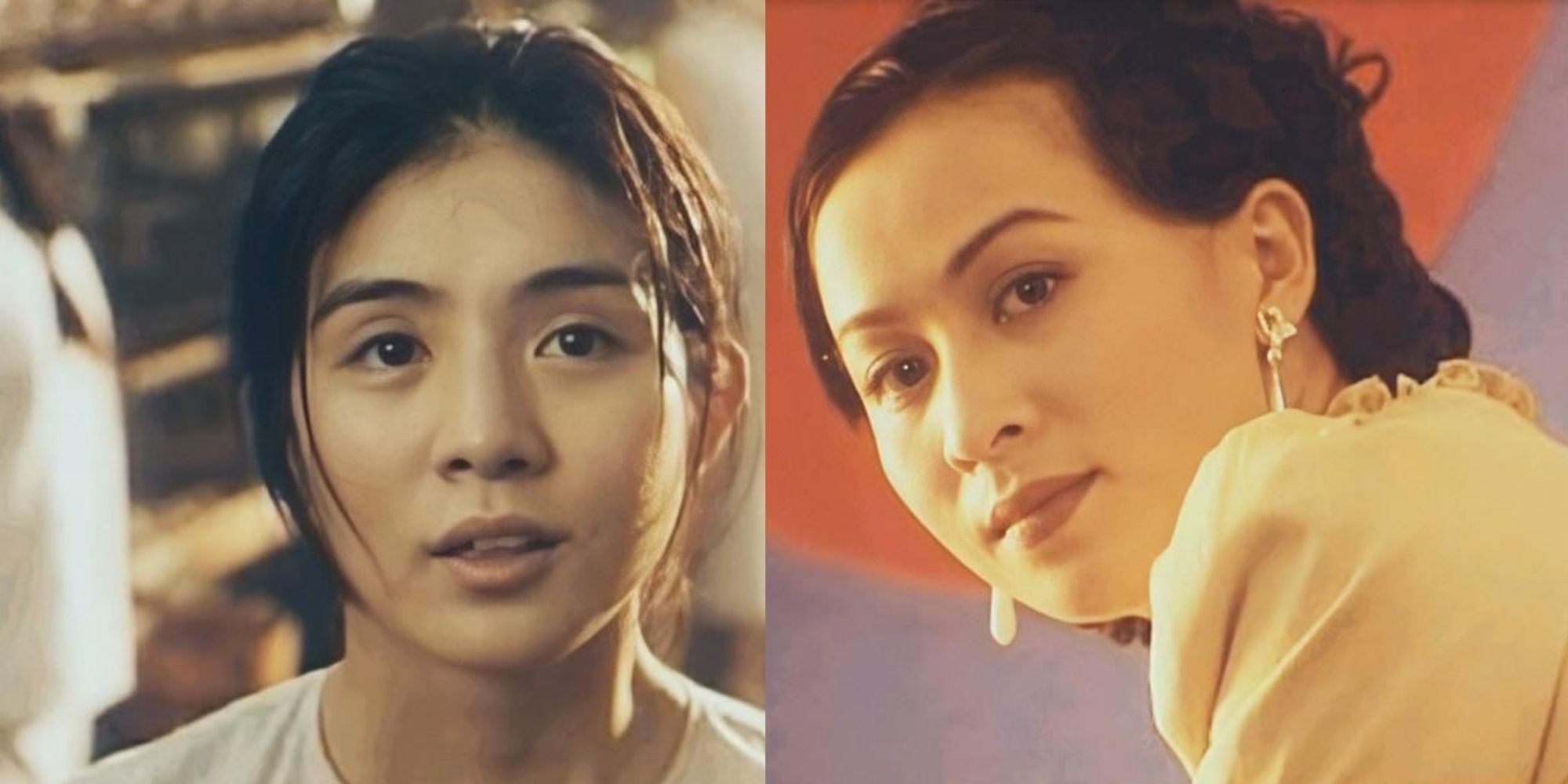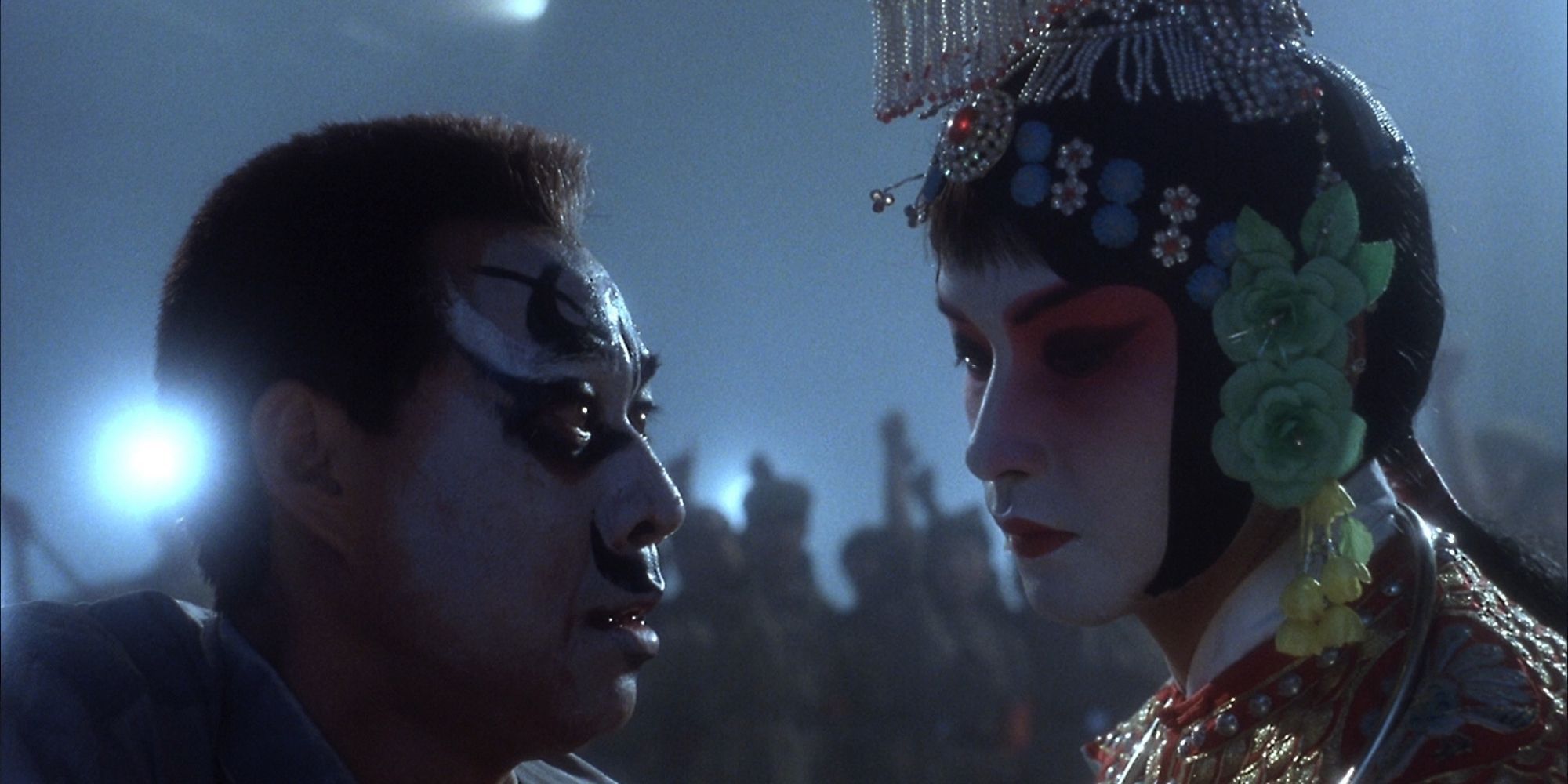Film can be a reflection of reality, demonstrating various interpretations of the good and the bad. The medium has the magical capability to touch on taboo subjects by enveloping them with metaphors and symbolism, subjects such as the acknowledgment and acceptance of the LGBTQ+ community.Western audiences are probably more familiar with the martial arts genre in the East, not to mention action stars such as Jackie Chan and Michelle Yeoh. However, Asian Cinema has so much more to offer movie-goers. As the LGBTQ+ community is mostly shunned in Asian countries, a handful of films act as an extension of the actuality, exploring this pressurized community and demonstrating how all love is made equal.
Dear Ex (2018)
Same-sex marriage was legalized in Taiwan in 2019 and became the first in Asia to recognize LGTBQ+ rights. In addition, Taiwan has been releasing great films about the marginalized group since the 20th century, one of them being Netflix's original movie Dear Ex (2018).
The film follows a teenager Song Cheng-Xi, who discovers that the life insurance beneficiary of his recently deceased father is not his mother, but rather his father's lover who happens to be a free-spirited man. The film offers audiences different perspectives of the characters' relationships, and how each blossoms and withers. It also illuminates the terrors of closeted homosexuality, and how it leads to breaking a few hearts despite the best intentions.
Moonlit Winter (2019)
Speaking of closeted homosexuality, Moonlit Winter (2019) presents an equally sublime take on the topic, albeit in a much slower but beautifully paced rendition.
Similar to Dear Ex, the South Korean romance drama also centers around a teenager Sae-Bom who finds out about her mother's secret first love with a Japanese woman. In a hopeful attempt to reunite the two, Sae-Bom convinces her mother to go on a trip to Otaru, Japan, where the latter's unfulfilled love waits for her in the snowy village to make peace with.
Tokyo Godfathers (2003)
A perfect Christmas movie to warm every film buff's heart, Tokyo Godfathers (2003) is a tragicomedy adventure film that follows a group of non-blood-related homeless people who discovers an abandoned baby left in the garbage. The trio sets out to find the baby's parents undeterred by the few clues they only have.
The film is easily the black sheep in Satoshi Kon's filmography, Japan's most prominent surrealism anime director. Yet, one of the misfits is a transgender and she, along with her other homeless friends, is not portrayed as weak and unassertive. Instead, they are most determined to find the baby's parents and challenge the notion of what constitutes a "family".
Happy Together (1997)
The Chinese title originates from an idiom, meaning "the exposure of something intimate". The vehement intimacy between the two leads Ho Po-Wing and Lai Yiu-Fai is evident throughout the film. From their shared raw sexual chemistry to mutual suspicions of infidelities that prove to be too consuming for their relationship.
Regardless of countless reconciliations and too many "let's start over again", the doomed romance between the two is elevated through director Wong Kar-Wai's exceptional storytelling skills and Christopher Doyle's beautiful cinematography.
A Bride For Rip Van Winkle (2016)
Based on a novel of the same name, A Bride For Rip Van Winkle (2016) tells the story of Nanami, a piteous woman who can't make her own decisions and is discontent with her tranquil life. Only by meeting "Rip Van Winkle" - Amuro, she manages to turn her mundane existence into one hell of a roller-coaster ride.
Nanami becomes involved in strange deeds, such as hiring actors to pretend to be her family and friends. She also takes up the job of a housemaid for a Japanese female pornstar who she soon develops a romantic relationship with, encapsulating herself in happiness that almost seems too good to be true.
Blue Gate Crossing (2002)
Bisexuality is often an intricate matter to deal with on-screen without capitulating to the image of promiscuity. Taiwanese coming-of-age film Blue Gate Crossing (2002) examines the continuum of bisexuality with both delicateness and playfulness that invites audiences to gain an understanding of the community.
The female lead, Meng Ke-Rou is a high school student who realizes that she may have developed romantic feelings for her female best friend. At the same time, she is also troubled by her attraction toward a boy who keeps introducing himself in an effort for Ke-Rou to remember him. Who gets who in the end?
Mary Is Happy, Mary Is Happy (2013)
Don't be fooled by the blatantly cheerful title as this coming-of-age drama gets grim pretty quickly. The Thai dark comedy is created from a compilation of 410 real Tweets from an anonymous girl, focusing on Mary and her best friend Suri trying to make a yearbook for their fictional high school.
The film often incorporates fantasy elements and pop culture references to elaborate on the girls' high school life. In a tale about the struggles of growing up, the hopeless romantics deal with the obscurities of life with a muddled sense of direction and tangled bundles of feelings.
Close-Knit (2017)
One of the few movies that makes boob-touching incredibly emotional and meaningful. Dealing with abandonment issues by her callous mother, 11-year-old girl Tomo settles momentarily with her uncle and his transgender girlfriend Rinko. The compassionate Rinko with an uncanny sense of humor reassures Tomo as she endeavors to be more cognizant of LGBTQ+ issues in Japan.
In the film, Rinko can be seen ostracized from a young age due to her revelation that she is a woman from the bottom of her heart. What makes her confident in remaining true to her identity lies in having a parent that encourages and supports who she wants to be.
Intimates (1997)
Intimates (1997) is composed of two stories, one set in the 1940s whilst the other in the 1990s.The former details the budding love between two women, Wan and Foon, who hid their secret love affair and were separated amidst Japan's invasion of Hong Kong. The other storyline focuses on the much older Wan as she tours Hong Kong in search of her long-lost love.
The film also explores women's rights in the 1940s as well as sheds light on the "Comb Sisters", ladies who styled their hair emulating married women with the determination to stay single for their whole lives.
Farewell My Concubine (1993)
In this grandiose tale about blurring the lines between life and stage, the 1993 historical drama chronicles the troubled relationship between two Peking opera singers share, Cheng Die-Yi and Duan Xiao-Lou. Trampled with ambiguity and madness, their bond is further tested when Duan marries a female courtesan in addition to the mayhem due to the aftermath of the Cultural Revolution in China.
Farewell My Concubine looks into the confusion of identity, resulting in Cheng's unrequited love for Duan since childhood and their respective roles in the Peking Opera troupe.

